Carol Folt’s swift departure from the chancellorship of UNC-Chapel Hill a few weeks ago and her just as swift hiring as the president of the University of Southern California got me thinking. Apparently, her courage in finally facing up to a tough challenge in UNC-CH’s Silent Sam-Confederate monument situation impressed the search committee at USC.
Some local voices, however, were critical of her alleged prior indecisiveness in that matter.
The challenges Folt and other women have running large institutions of higher education, I realized, are not unlike those that other women face as mothers. Both jobs are impossible to do perfectly. The children and young people under supervision will regularly challenge authority and sometimes do it with unreasonableness and anger.
In both cases, the ultimate payoffs can be remarkably positive.
Children and students can turn out to be productive and talented contributors to their families and communities.
Often, usually, but not always.
And it is never perfect.
The complex and varied results of the mother-child relationships are the subjects of 28 essays edited by North Carolina writers Lee Smith and Samia Serageldin. Their book, “Mothers and Strangers: Essays on Motherhood from the New South,” comes out on April 1.
The contributors, all respected authors, include, in addition to the editors, Belle Boggs, Marshall Chapman, Hal Crowther, Clyde Edgerton, Marianne Gingher, Jaki Shelton Green, Sally Greene, Stephanie Elizondo Griest, Jacquelyn Dowd Hall, Eldridge “Redge” Hanes, Lynden Harris, Randall Kenan, Phillip Lopate, Michael Malone, Frances Mayes, Jill McCorkle, Melody Moezzi, Elaine Neil Orr, Steven Petrow, Margaret Rich, Omid Safi, James Seay, Alan Shapiro, Bland Simpson, Sharon K. Swanson, and Daniel Wallace.
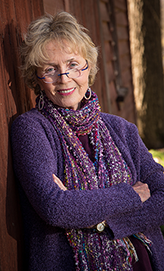
Lee Smith
Smith emphasizes that the relationships and experiences between mothers and children are varied. Each is unique. She explains, “America’s traditional Hallmark conception of Motherhood (note the caps) takes a real beating in these essays. The whole idea of motherhood is hampered by the stereotypes and preconceptions associated with it–mothers are selfless, right? Automatically loving and giving and happy with their biological and limited role, making biscuits from scratch and sewing all our clothes, yadayada. Almost nobody had a mother like that.”
Then she confesses, “Except me, I guess. Actually, my own sweet mother really did all these things, though she suffered terribly from depression when she quit teaching, which she had loved, to ‘stay home and take care of you.’”
On the other hand, Jill McCorkle’s mother had a full-time job as a secretary while other mothers “were staying home and doing the June Cleaver thing.” McCorkle never felt slighted. Today, her mom is a victim of dementia who does not recognize her daughter. McCorkle writes, “If there is a sliver of grace to be pulled from the gnarled up tangle of dementia, it is that little bit of time given to loved ones to fully appreciate the scope of a whole life while the individual is still there and breathing and every now and then, for the briefest second, visible.”
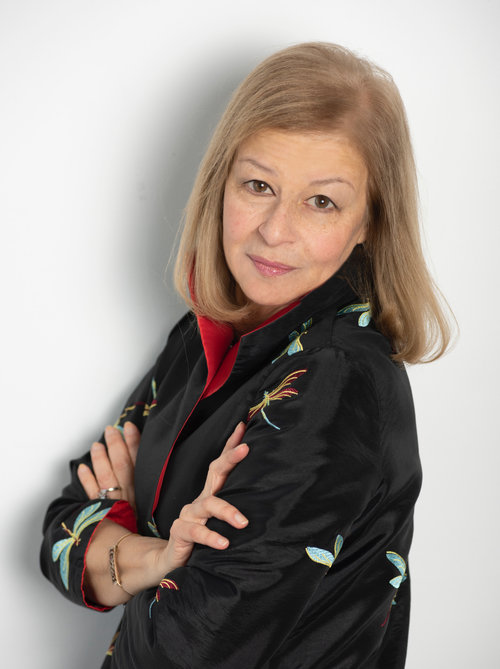
Samia Serageldin
Other writers describe different experiences with their mothers. Serageldin grew up in a prominent Egyptian family that was put into a stressful situation after the 1952 revolution. Threatened confiscation and arrests were part of the picture, but “she colluded with her mother’s pretense of normality, sensing that the illusion was more for the adult’s sake.”
Clyde Edgerton remembers being raised by three women, his mother and two aunts. His mother had quit school when she was 12 years old to work in a hosiery mill.
These essays and all of the others are readers’ treasures. Short, written crisply by some of the region’s best authors, each one gives an inside look at the writer’s private life and how the mother faced challenges just as daunting as those women university presidents face.
 D.G. Martin hosts “North Carolina Bookwatch,” Sunday 11:00 am and Tuesday at 5:00 pm on UNC-TV. The program also airs on the North Carolina Channel Tuesday at 8:00 pm and other times.
D.G. Martin hosts “North Carolina Bookwatch,” Sunday 11:00 am and Tuesday at 5:00 pm on UNC-TV. The program also airs on the North Carolina Channel Tuesday at 8:00 pm and other times.
Related Stories
‹
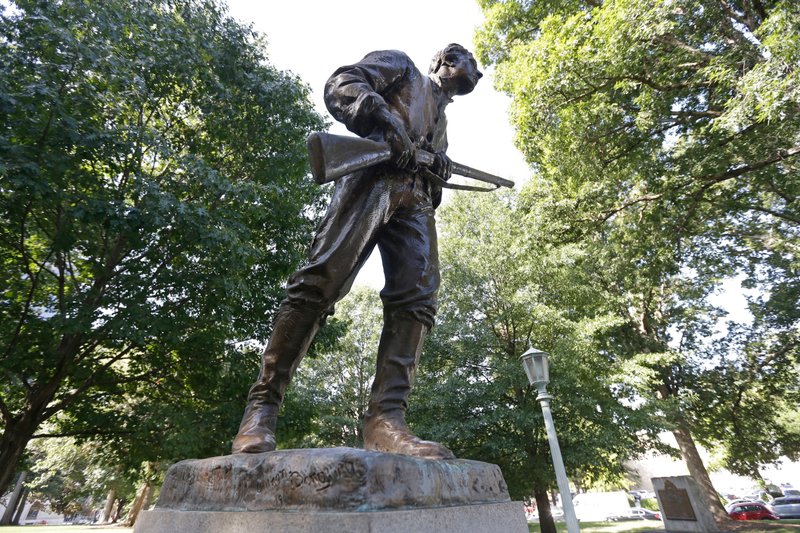
One on One: Civil War Continues in Fayetteville, Gettysburg and Chapel HillFayetteville is about to have its own civil war about the proposed North Carolina Civil War & Reconstruction History Center planned to be built in that city. The new museum-like facility would be located on the site of the arsenal General Sherman’s troops destroyed in 1865. Supporters of the project hope the legislature will provide […]
![]()
One on One: When Do We Change Names and History?Last week the Raleigh City Council removed the historic designation of Wakestone, the former home of Josephus Daniels. That action is just one more reminder of North Carolina’s and the nation’s struggle to find agreement on what people should be honored and what versions of history should be taught in our schools. The unanimous action […]
![]()
One on One: Jim Crow Is Still Alive in North CarolinaUnbelievable when you think about it, how North Carolina maintained its segregated and discriminatory racial system for such a long time. The remnants of what is commonly called “Jim Crow” are still with us, a daily reminder of the horrors of the past. A new book, “Jim Crow in North Carolina: The Legislative Program from […]

One on One: Books for Holiday GivingIf you are worried about holiday gifts or selections for your book club’s reading, here are some good North Carolina-connected books to consider. Three beloved North Carolina authors have new books that would be perfect for fiction fans: Allan Gurganus, author of “The Oldest Confederate Widow Tells All,” gives us a crop of his best […]
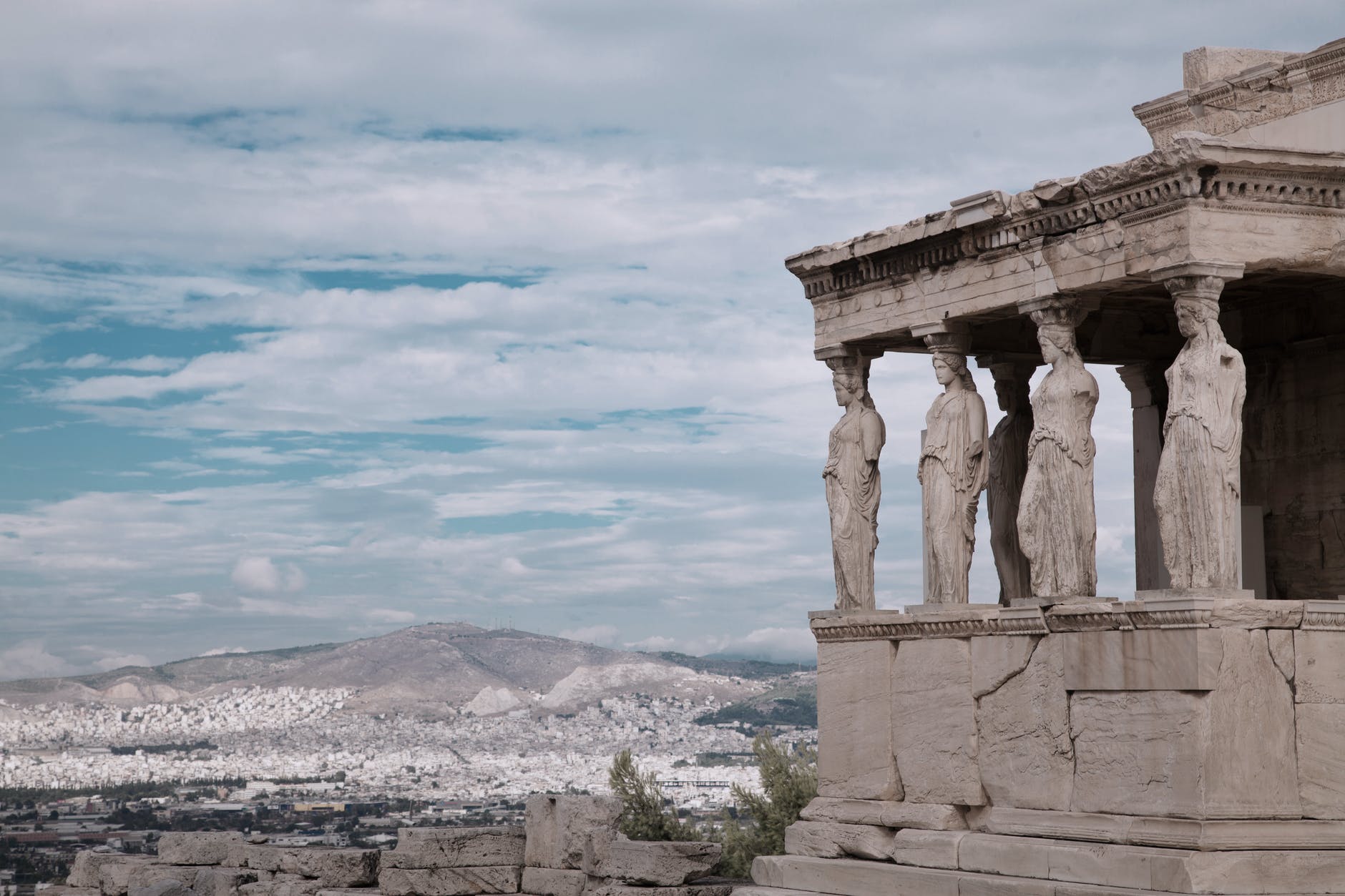
One on One: Greek and Hebrew Guides to Our Political DifferencesHow can ancient Greek and Hebrew thinking help us understand why our friends who support other political candidates see things so differently from us? Why are we locked into such different positions? It is dangerous for anyone to try to explain why people support opposing political figures or different political parties or programs. We sometimes […]

One on One: North Carolina's GodfatherDoes North Carolina have a godfather? We would not want our godfather to be anything like Mexican Gen. Salvador Cienfuegos Zepeda, who is called “El Padrino,” which means “The Godfather.” Zepeda was arrested last week and charged with helping a drug cartel smuggle thousands of kilograms of cocaine, heroin, methamphetamine and marijuana into the United […]

One on One: President Trump and Nicholas SparksWhat do President Donald Trump and the lead character of Nicholas Sparks’ latest book have in common? Hint: Walter Reed Medical Center. Both the president and Trevor Benson, the fictional main character in Sparks’ “The Return,” received critically important treatment at Walter Reed. Trump got expert medical care for his coronavirus. Benson, a Navy surgeon, […]

One on One: Fighting for AmericaWe both love America? We would fight for our country. And we would fight to keep it the way we love it. And we would fight to make it the way we could love it more. It is just that we love different Americas. Even before the president was struck down by the coronavirus that […]

One on One: Religion, Too Much or Not Enough?Is Joe Biden too Catholic? Or not enough? Has Donald Trump corrupted the leaders of conservative religious groups? Religion is everywhere, even in four important books featured during the next few weeks on North Carolina Bookwatch. In Charlotte doctor and author Kimmery Martin’s “The Antidote for Everything,” the lead character is not deeply religious. However, […]
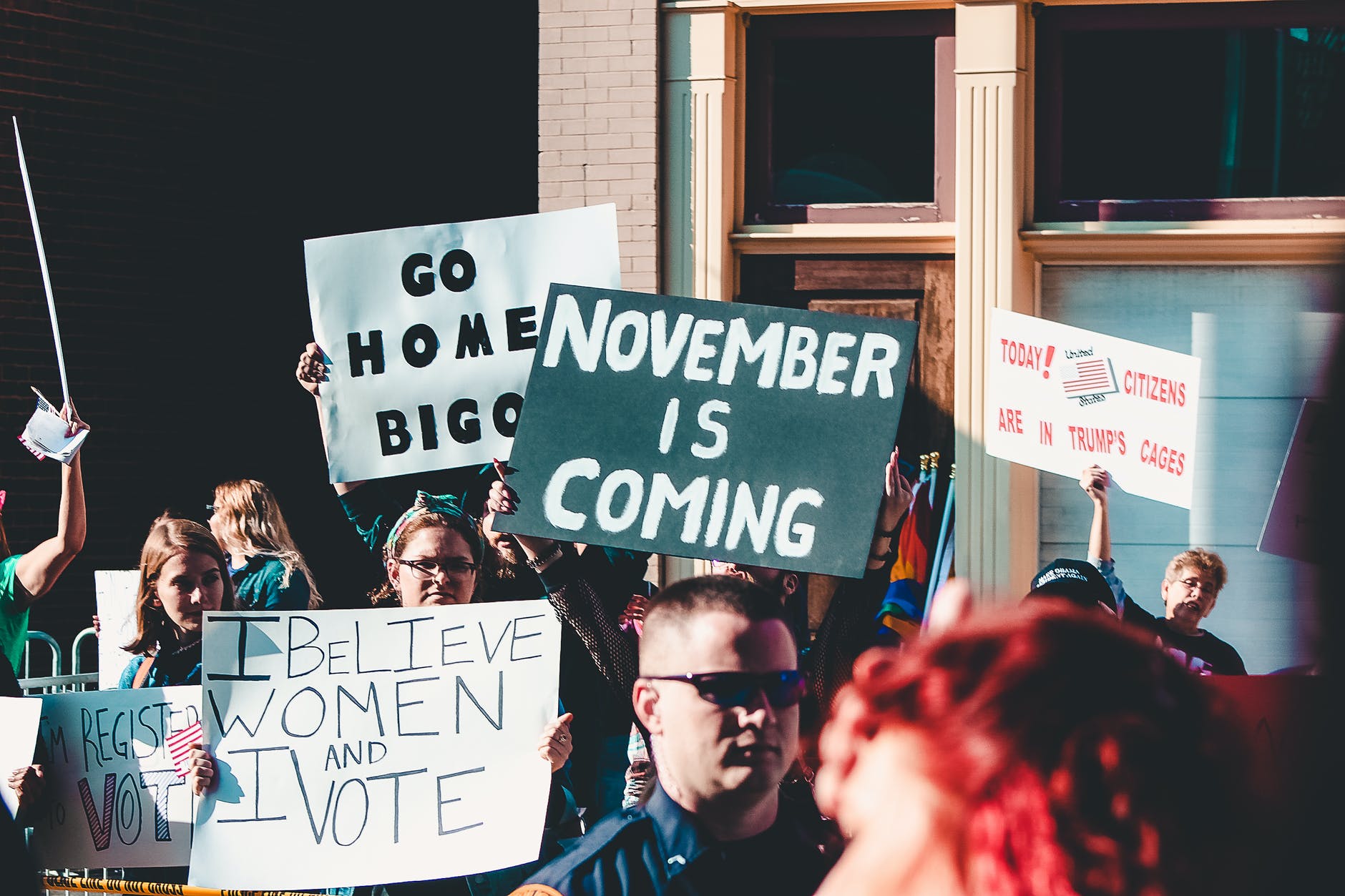
One on One: Who Wins the Debate About Debates?What is more interesting than the upcoming debates between candidates for major political offices? Of course, it is the debate about the debates. Some friends, well-informed and experienced in political activities, say the importance of such debates is vastly overrated. For instance, one said the recent first debate between North Carolina U.S. Senate candidates Republican Thom […]
›



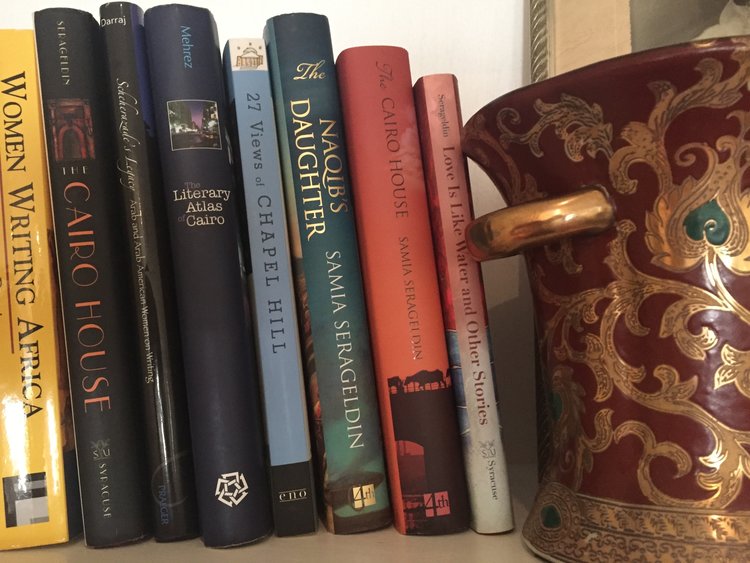
 D.G. Martin hosts “North Carolina Bookwatch,” Sunday 11:00 am and Tuesday at 5:00 pm on UNC-TV. The program also airs on the North Carolina Channel Tuesday at 8:00 pm and other times.
D.G. Martin hosts “North Carolina Bookwatch,” Sunday 11:00 am and Tuesday at 5:00 pm on UNC-TV. The program also airs on the North Carolina Channel Tuesday at 8:00 pm and other times.







